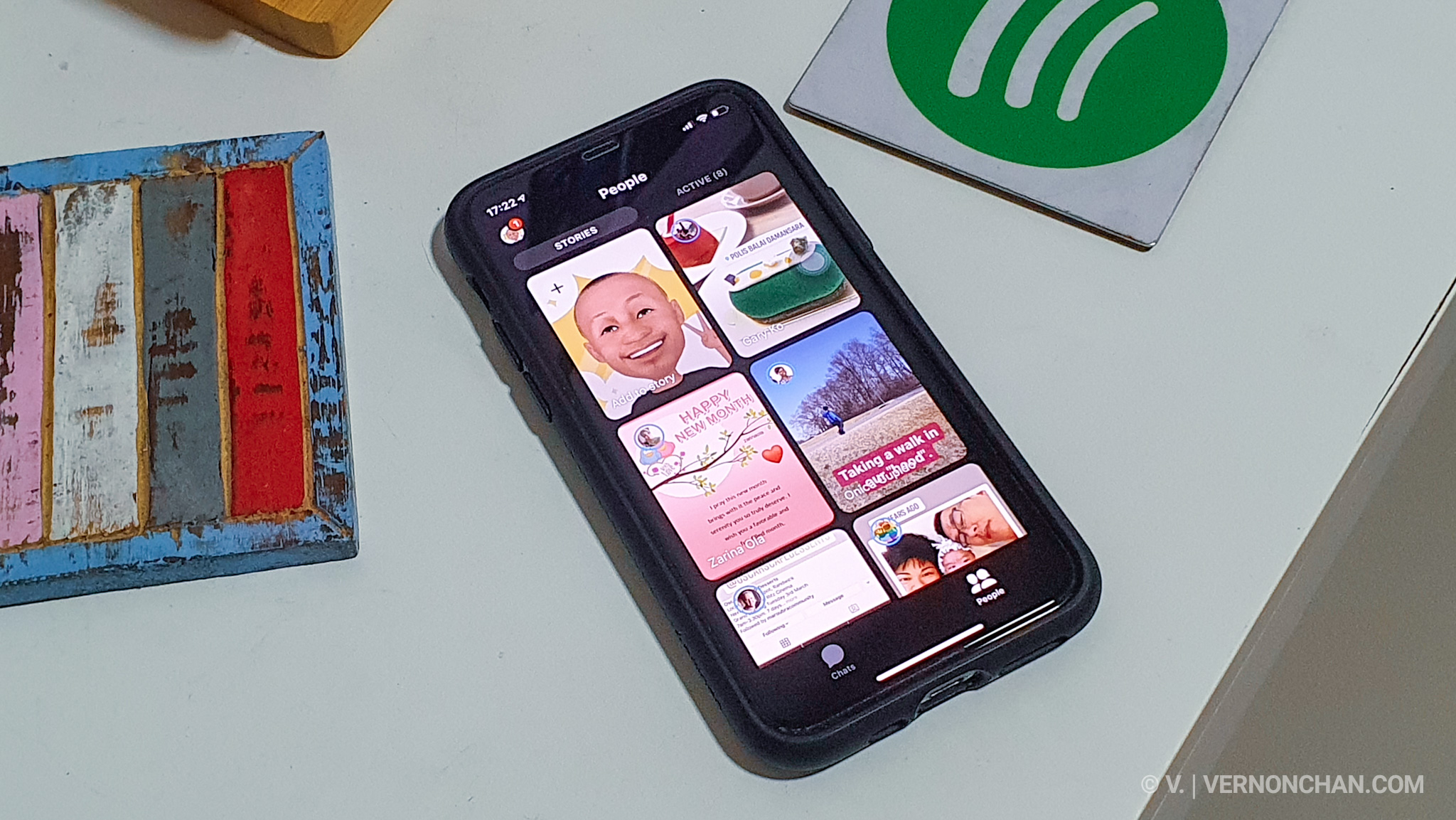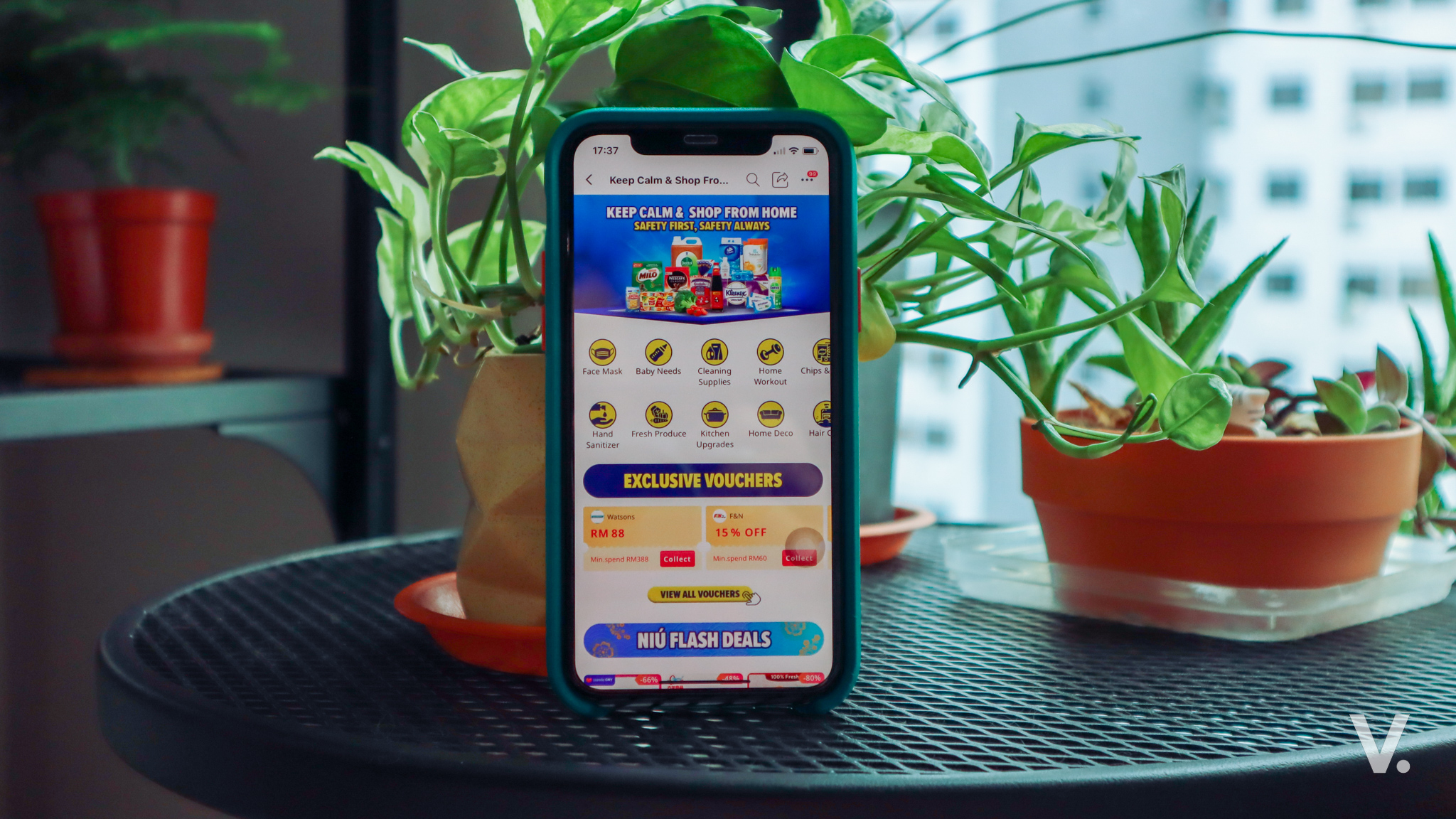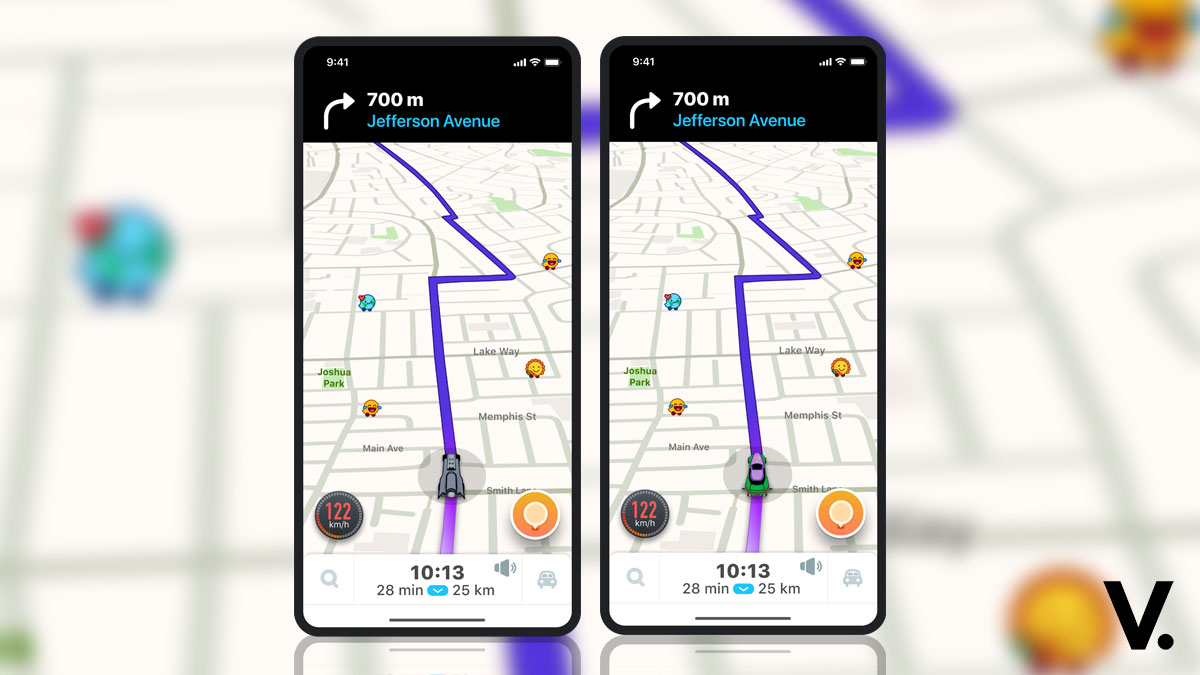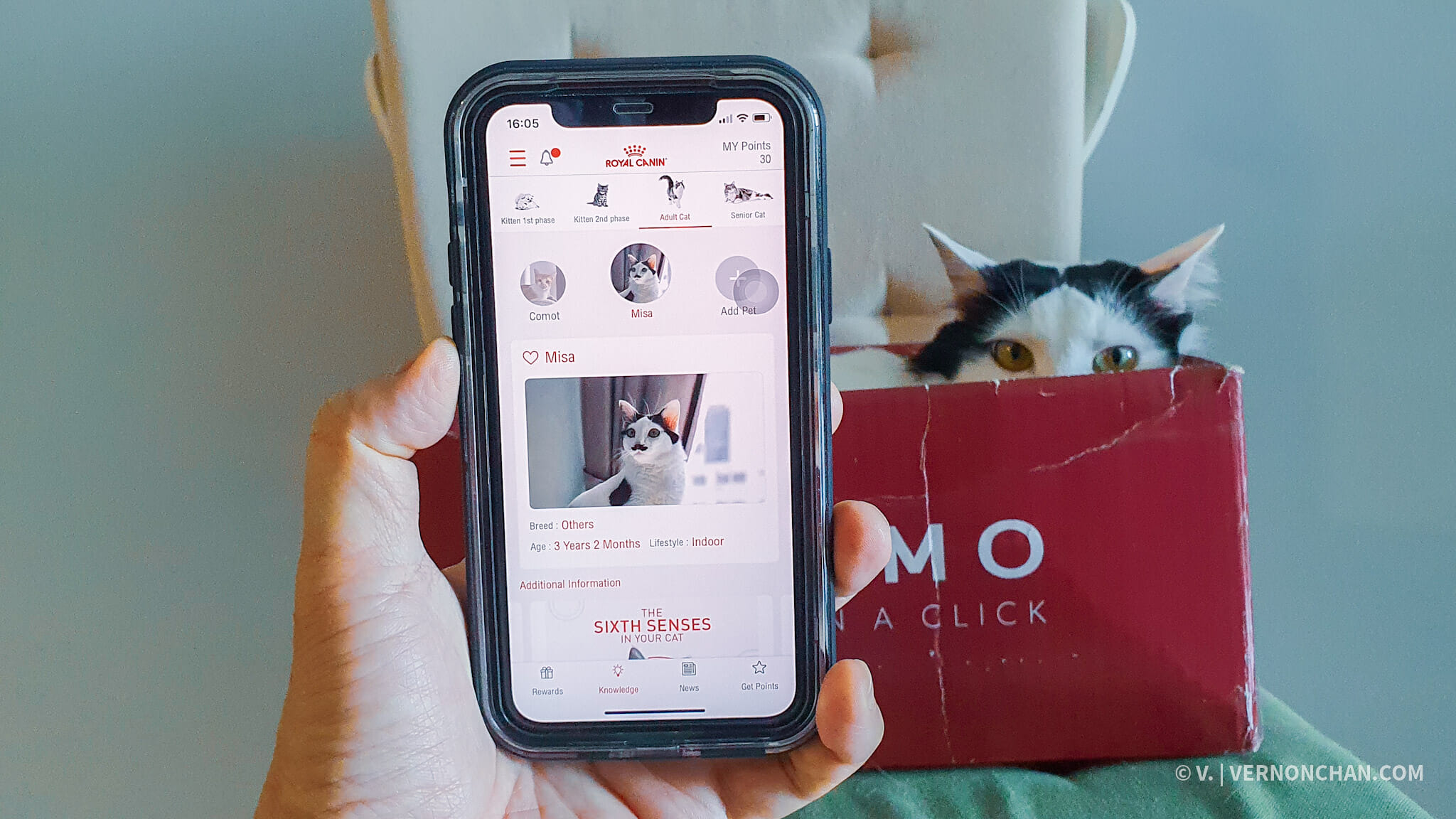The next time you fire up Facebook Messenger, it will be a cleaner, simpler experience. Gone will be the bot-littered Discover tab that was previously used to showcase businesses.
The removal of the Discover tab was first noted by TechCrunch on Facebook’s Developers website. The reasoning behind the removal was to “simplify the experience” for users. The strategy has shifted from trying to be a do-all super app like WeChat to a more focused app like WhatsApp. Monolithic apps such as WeChat and AliPay work in China, but Western markets seem to prefer an unbundled approach.
The rise of chatbots
Three years ago, chatbots were a huge thing and were central to Facebook’s Messenger strategy. Artificially intelligent chatbots were a way for businesses to communicate with customers and potential customers, deliver customer service as well as a front line for e-commerce.
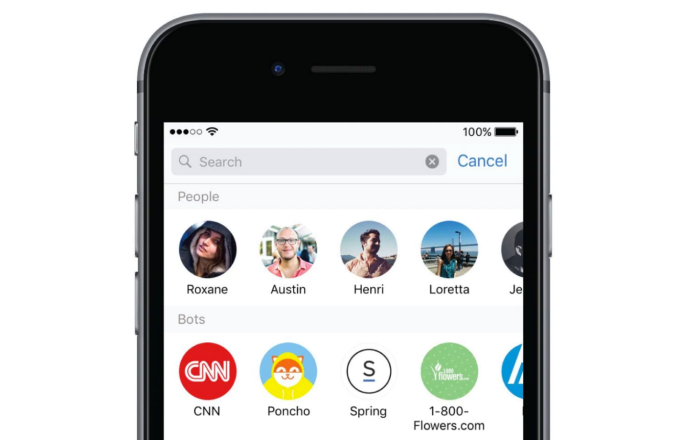
That said, while the Discover tab has been given the chop, bots (businesses) and games still exist, although hidden from view. These are still accessible if you intentionally look from them through the Messenger search bar or Pages, buttons on business websites and more.
With Discover gone, businesses will have to rely on paid advertising on Stories or using their own paid marketing channels to gain traction for their chatbots.

Simpler, more focused
The simplified Messenger user interface pushes users to spend more time communicating with friends whether through chat or Stories—the darling and super fast-growing format of the social media world. Users’ penchant for ephemeral content, made popular by Snapchat, has influenced Facebook to shift. Facebook’s Instagram and WhatsApp apps also feature the Stories format.
Last year, CEO Facebook outlined the vision of building a privacy-focused, secured communications platform as many people prefer more intimate conversations; they’re also more cautious of having a permanent record of what’s shared.
Having made its name as an open-sharing public platform, this is, if anything, aspirational. The future of communication points to more private, encrypted channels, so it will be interesting to see how the company rebuilds its ecosystem of apps—Facebook, WhatsApp and Instagram around its vision.


